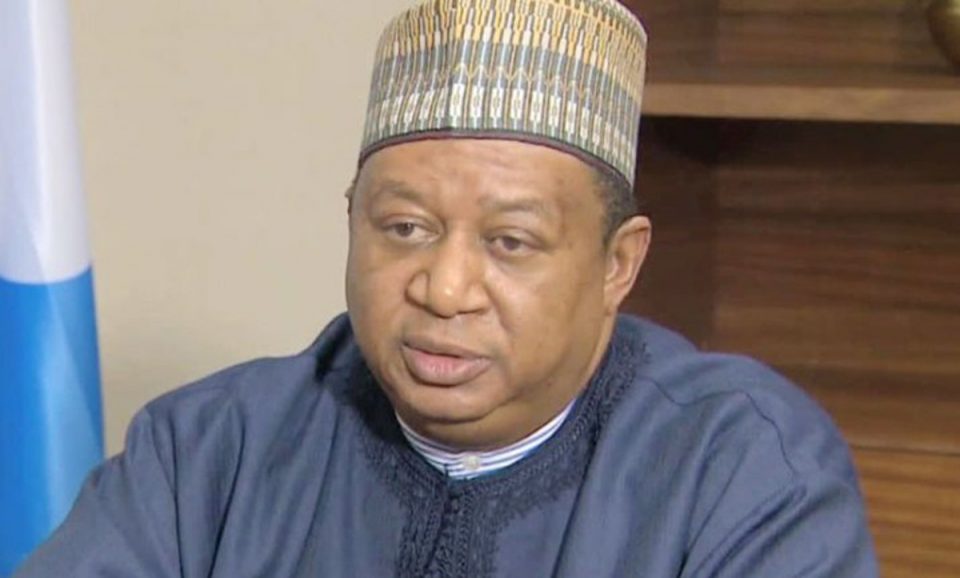The Organisation of the Petroleum Exporting Countries (OPEC) has lauded some member countries on pledges and national aspirations toward net zero emissions target.
The OPEC listed the Member Countries as Nigeria, Saudi Arabia and the United Arab Emirates (UAE), which are making pledges on net zero emissions.
Dr Mohammad Barkindo, OPEC Secretary-General made this known on Thursday in his keynote address at an Energy Symposium organised in London.
The event was tagged “Quo Vadis? – Oil and Gas in the 21st Century, Charting New Directions for the Oil and Gas Industry after COP2”.
It was organised by the University of Dundee, in collaboration with Centre for Energy, Petroleum, Mineral Law and Policy (CEPMLP) and White and Case LLP.
Recalled that as part of the Paris Agreement, countries globally agreed to pursue efforts to limit global warming to well below 2 degrees Celsius, preferably to 1.5 degrees Celsius, compared to pre-industrial levels.
To achieve this, countries must align with global push to reduce their greenhouse gas emissions to ‘net zero’ by around 2050.
Barkindo, however appreciated the move by many developed nations to set net-zero emissions targets as national aspiration and recognised the fact that some developing nations also moved in this direction too.
“However, it is important to appreciate the massive challenges for developing countries to reach net zero emissions, many of which are acutely focused on priorities such as energy access, living wages, and supplying basic necessities.
“The challenges before us are enormous and complex.
“We have been delivered a stark reminder with recent strains and conflicts related to energy affordability and security and need to reduce emissions playing out in regions across the world at the end of 2021 and into 2022.
“It requires a delicate balancing act, comprehensive and sustainable solutions, and all voices at the table,” he said.
He called for energy affordability; transition to a more inclusive, fair, and equitable world in which every person has access to energy as referenced in UN Sustainable Development Goal Seven.
According to him, in OPEC’s World Oil Outlook (WOO) 2021, global energy demand is set to expand by 28 per cent by 2045.
This, he said would require the use of all forms of energy to support the post pandemic recovery, drive the energy transition, and address long-term energy needs.
“We see oil still making up 28 per cent of the world’s energy needs by 2045.
“This will require huge investments, with the WOO showing that oil-related investments alone amount to 11.8 trillion dollars between now and 2045,” he added.
He reiterated the commitments of OPEC member countries to remain committed to investments to ensure supply meets the demand of their customers.




